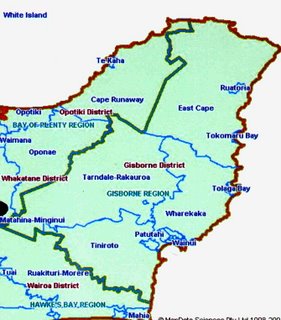This is a comment from a reader on Krimsonlake's blog;
The problem with trying to deal with the problem of people taking advantage of a welfare system is that for every ten people that you motivate to go out and get a job, one will be motivated to go out and commit crime.
If you look at other countries, like Canada and the US, tougher welfare system equals more crime and cases of child neglect, and the economy doesn't really suffer any ill effects of a relaxed welfare system because there are less criminals to take care of.
This is an erroneous but not unusually held belief that somehow welfare provision prevents crime. Canada's crime rate over its provinces is highly variable but, interestingly, lowest in Ontario, which has undergone vigorous welfare reforms, reducing their welfare numbers by more than 50 percent since 1994.
Wikipedia ;Canada's crime rate is close to the average of Western Europe, lower than some nations (United Kingdom, Sweden) but higher than others (Spain, France). Canada has several times more crime per capita than Japan.
UK and Sweden have very generous welfare - France, and particularly Spain, much less so.
And of course one would have to question why crime sky-rocketed in NZ from the sixties in tandem with the explosion of the benefit system. Don't go blaming it purely on unemployment. Look at what's going on right now with the "lowest" unemployment rate in the OECD. I would suggest crime has more to do with family structure, stability and ability to provide.
The Redcoat History Podcast: Peninsular War – #4 – Corunna
59 minutes ago




